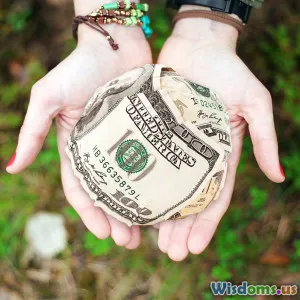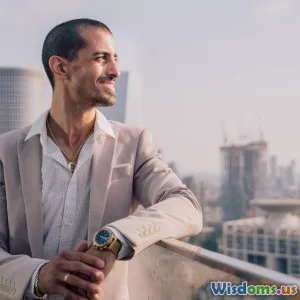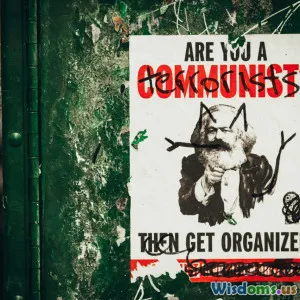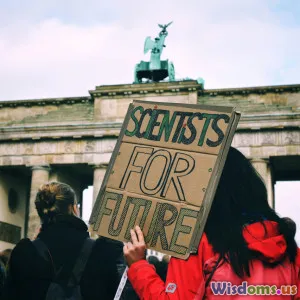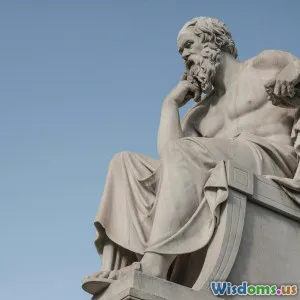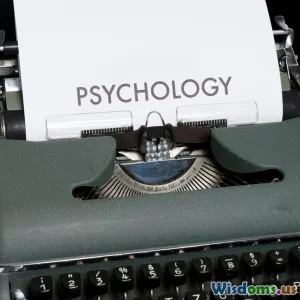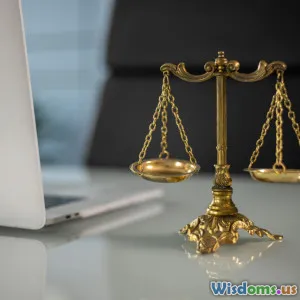
Behind Whistleblower Dilemmas Duty Or Betrayal
14 min read Explore the complex ethical and personal dilemmas whistleblowers face, balancing duty to truth with loyalty amid potential consequences. (0 Reviews)
Behind Whistleblower Dilemmas: Duty Or Betrayal
Few actions in the workplace stir as much controversy or courage as blowing the whistle. For those who witness wrongdoing—whether it be fraud, environmental violations, or ethical breaches—the question is rarely black and white. Is exposing the truth an act of moral duty, or does it cross the line into betrayal? The paradox at the heart of whistleblowing can challenge personal values, relationships, and even the law.
In this exploration, we look behind the whistleblower dilemma, examining the complexities that define the line between duty and disloyalty.
Defining Whistleblowing in Modern Society

Whistleblowing is the act of exposing illegal, unethical, or improper conduct within an organization to people or entities that can take corrective action. Often invoked in corporate, government, or healthcare contexts, its scope spans from revealing financial malfeasance to safeguarding public health. The modern surge in high-profile cases—think Edward Snowden, Frances Haugen, or Dr. Li Wenliang—spotlights both the risks and societal importance of speaking out.
A Brief Historical Perspective
Historically, whistleblowers have often been painted as pariahs or heroes, depending on prevailing values and the consequences of their disclosures. In the United States, Federal statutes as far back as the Civil War encouraged citizens to report fraud against the government—the original False Claims Act.
Globally, the concept remains contentious. In some cultures and legal systems, ongoing efforts aim to balance reputational risk with the need for transparency. Recent examples, such as South Korea’s robust “Anti-Graft Act” and the European Union’s 2019 whistleblower protection directive, show a shifting recognition of the whistleblower’s crucial role.
The Anatomy of the Dilemma: Duty to Whom?
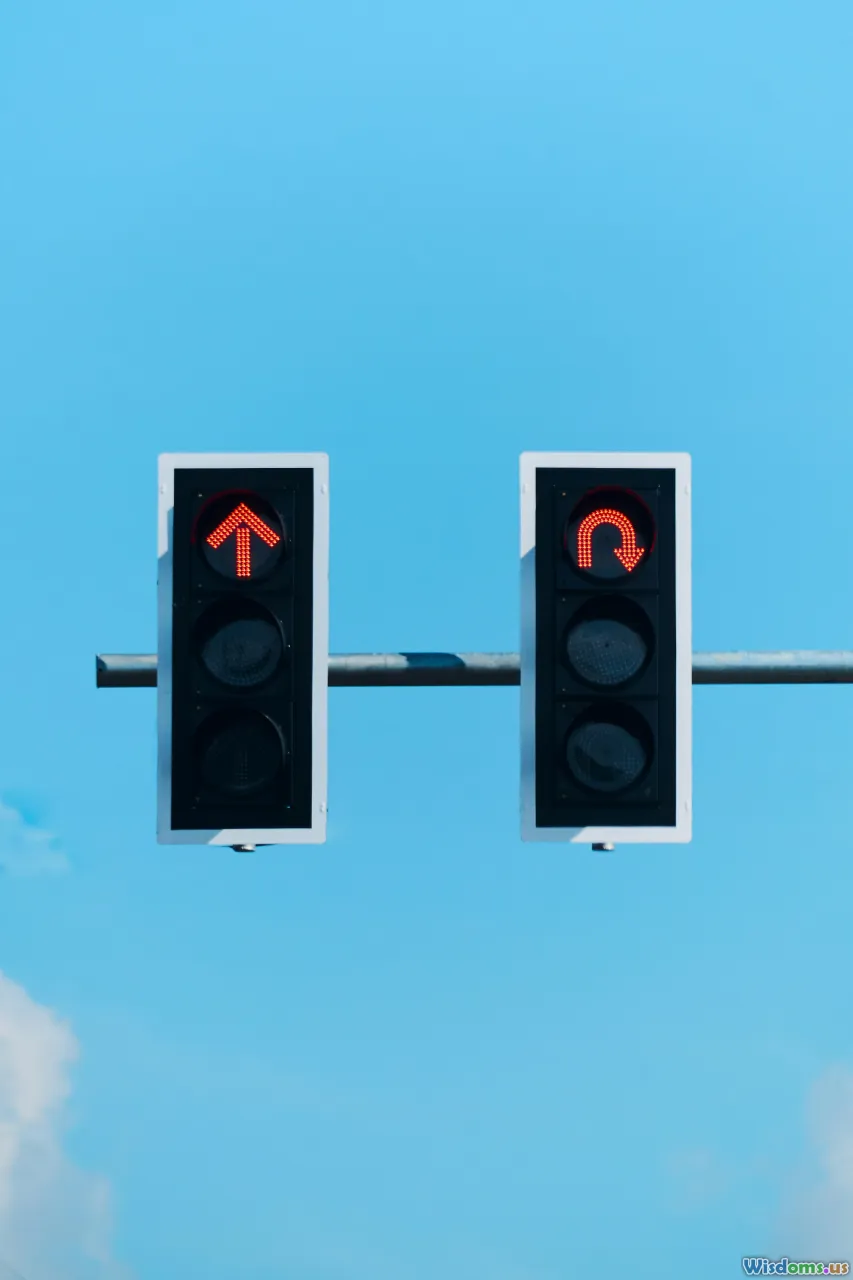
Every would-be whistleblower faces core questions that weigh the obligations owed to different parties:
- To their employer or colleagues
- To society at large
- To themselves
This multivalent duty often generates internal conflict.
Loyalty Versus Integrity
Whistleblowers may feel a deep sense of loyalty to their organization or team. For example, Tyler Shultz, a key Theranos whistleblower, grappled with betraying both his employer and his own grandfather (a major company backer) while exposing a $9 billion health care fraud. On the other hand, neglecting massive harm to patients would have weighed heavily on his conscience.
Real-World Scenario: Boeing 737 MAX
After two fatal crashes involving the Boeing 737 MAX, engineers and employees who raised red flags internally struggled with competing priorities: protecting passengers versus upholding company loyalty and fear for their careers. Testimonies later revealed that some warnings were ignored or downplayed, highlighting the enduring tension between organizational allegiance and broader ethical duty.
Personal Morality and Social Responsibility
Altruistic motives are often at the heart of whistleblowing. Dr. Li Wenliang, who alerted colleagues and the public to the emerging threat of COVID-19 in Wuhan, China, exemplifies a clash between personal moral conviction and state authority. His actions, initially punished, were later hailed—though tragically after his death—as selfless and vital for global public health.
Analyzing the Risks: Career, Legal, and Psychological
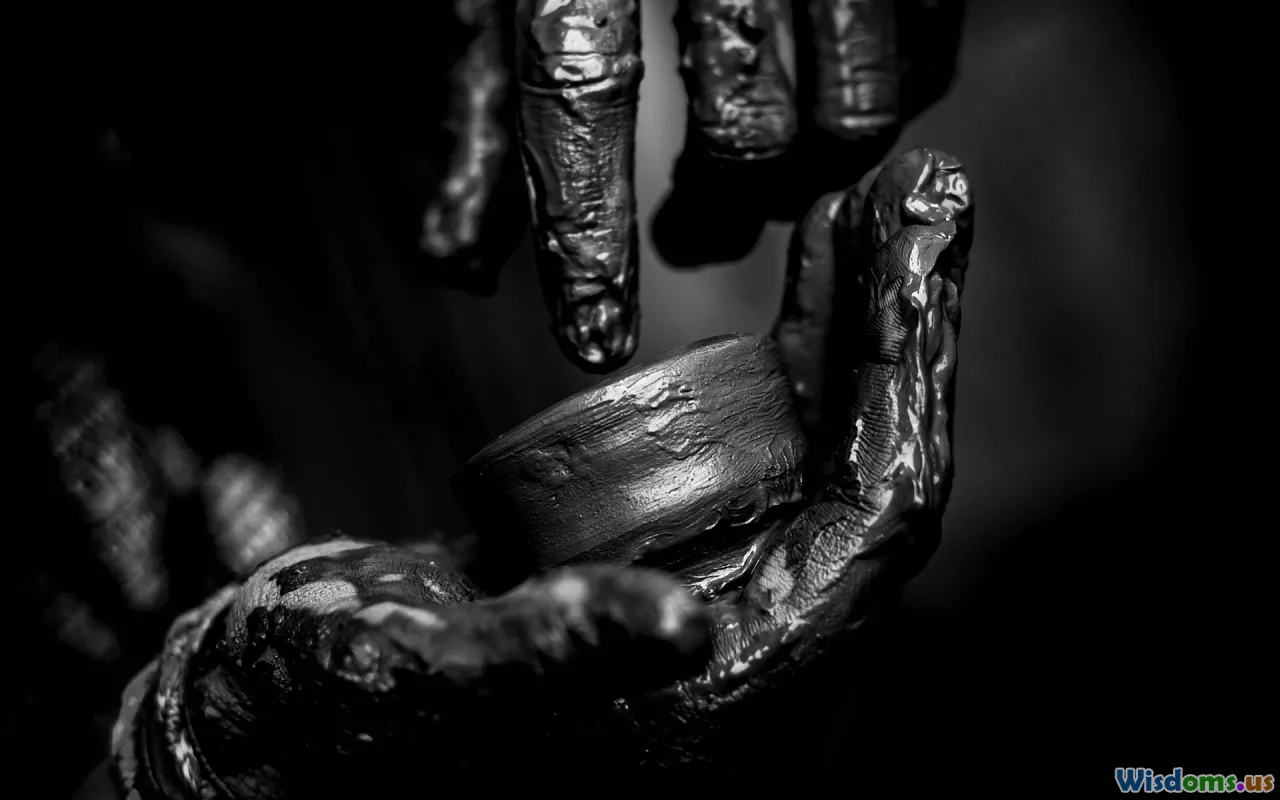
The cost of speaking out is frequently severe, leading many to stay silent. Negative consequences can include career setbacks, social ostracization, legal retaliation, and personal stress.
Career Sacrifice and Blacklisting
A 2021 national survey by the Ethics & Compliance Initiative found that over 56% of U.S. whistleblowers experienced some form of retaliation, ranging from demotion to job loss.
Case Study: Reality Winner
Reality Winner, who leaked classified documents revealing election interference attempts, faced substantial personal consequences. Despite her concerns for national security, she was sentenced to more than five years in prison—one of the longest imposed for unauthorized release of government information. Her life thereafter, grappling with ongoing employment barriers and surveillance, demonstrates the huge gamble involved in such decisions.
Legal Protections: A Patchwork Solution
While recent laws provide increased layers of safeguarding, such as the Dodd-Frank Wall Street Reform’s anti-retaliation clauses or the EU Directive, inconsistencies and enforcement challenges abound. Whistleblowers in many countries still lack robust legal support, particularly in private sector contexts or cultural environments where loyalty overrides civic responsibility.
Psychological and Social Toll
Isolation, anxiety, and ethical injury are common fallout. Notoriously, Jeffrey Wigand, who disclosed the tobacco industry’s concealment of cigarette addictiveness, endured threats, lawsuits, and estrangement. Survivor testimonies repeatedly highlight the importance of personal resilience and external support systems, yet the psychological scars may linger for years.
How to Navigate the Whistleblower's Ethical Maze

Facing a potential whistleblower situation, one must weigh several aspects systematically. Here are steps and considerations drawn from real-world advice and research:
1. Clarify the Issue and Impacts
Assess what has happened and the likely ethical or legal implications. Is the observed activity clearly illegal, dangerous to public welfare, or significant enough to warrant exposure?
2. Consider Alternative Actions
Could the issue be resolved internally? Understanding all communication channels—ethics committees, ombudspersons, or compliance officers—may help avoid escalation while still upholding responsibility. According to the 2022 Global Business Ethics Survey, more than 70% of employed adults tried to resolve concerns internally prior to external disclosure.
3. Assess Personal and Organizational Risk
How secure is your position? Are there legal protections? Consulting anonymous hotlines, external regulators, or counsel can help you understand your exposure.
4. Record and Verify Evidence
Solid documentation is essential. In the Citigroup mortgage fraud case, Sherry Hunt’s meticulous records were crucial not only to validate her claims but to shield her from legal blowback.
5. Seek Support—or Legal Advice
Engage mentors, unions, legal advocates, or whistleblower nonprofits. Many successful whistleblowers have legal representation or external support by the time they make formal disclosures. Groups like the Government Accountability Project or Transparency International offer coaching and guidance throughout the process.
6. Prepare for Possible Outcomes
Consider scenarios—from positive change to backlash. Develop coping measures for personal wellbeing. Recent surveys by the UK charity Protect show that individuals who plan for emotional responses and potential reprisals tend to experience less long-term distress.
When Silence Becomes Betrayal: The Societal Perspective
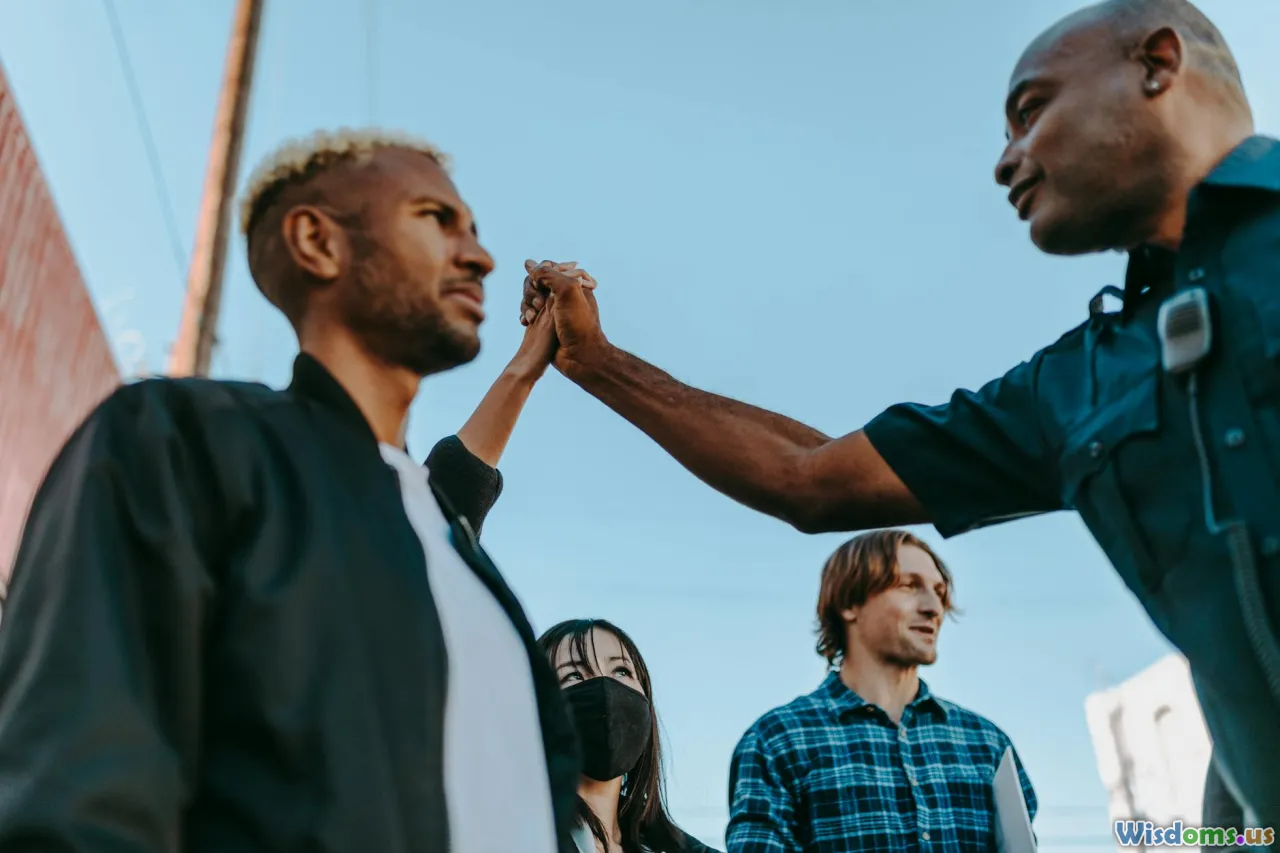
Sometimes, remaining silent is seen as the greater betrayal—not just of one's conscience, but of the broader community. Instances of collective harm magnify the whistleblowing imperative.
The Challenger Disaster: A Costly Silence
In 1986, engineers at Morton Thiokol, contractor for NASA’s Challenger shuttle, warned of potential O-ring failure due to cold temperatures. Management decided to proceed, and the shuttle disintegrated seconds after launch, killing all aboard. Post-tragedy investigations underlined the dangers of organizational silence—the absence of effective whistleblowing had catastrophic results for both public trust and human life.
Healthcare: Speaking Up Saves Lives
According to a 2020 report by the World Health Organization, failure to report or address medical errors caused up to 2.6 million deaths annually worldwide. Initiatives like “Speak Up” campaigns in hospitals encourage frontline staff to disclose near-misses and concerns, reframing speaking out as a vital part of patient care instead of disloyalty.
From Betrayal to Bravery: Changing Organizational Cultures

Cutting-edge organizations work to rebrand whistleblowing as a form of responsible stewardship and transparency—crucial for adaptive, ethical workplaces.
Embedding Safe Reporting Mechanisms
Growing numbers of companies implement anonymous hotlines, robust compliance teams, and transparency policies. For example, Siemens established an independent ombudsperson post after its notorious 2008 bribery scandal. The company recovered not just legally but reputationally, adopting a new global code of ethics that seeks to empower early intervention.
Celebrating Ethical Courage
Publicizing instances where disclosures led to reform helps progress. The U.S. Securities and Exchange Commission’s whistleblower program both publicizes awards for valid reports and publicly lauds courage, signaling that ethical bravery, not betrayal, is the new standard.
Leadership and Psychological Safety
Research by Harvard’s Amy Edmondson shows that environments fostering psychological safety—where employees trust they can speak honestly without reprisal—are more productive, innovative, and legally compliant. Training leaders to normalize open dialogue helps move whistleblowing from taboo to team asset.
Ethics over Expediency: A Timeless Debate
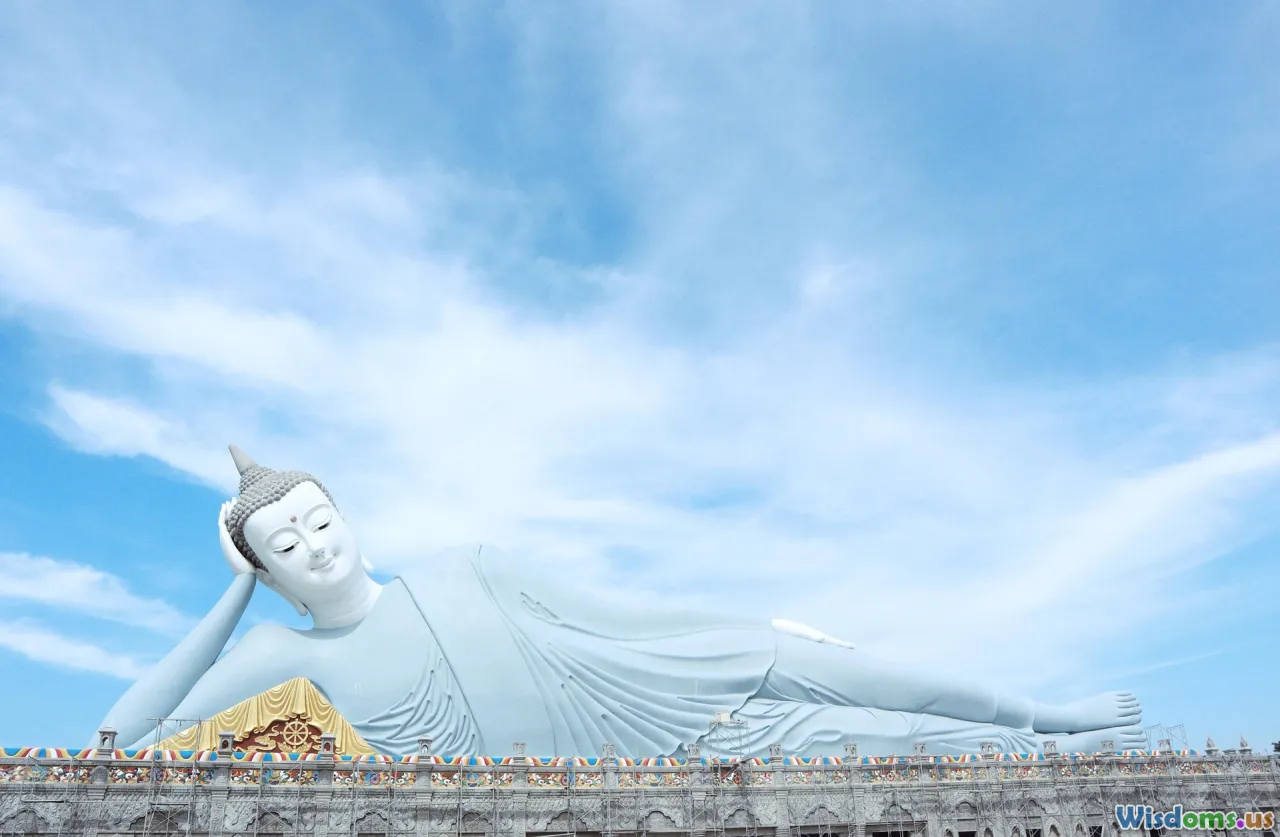
Are whistleblowers traitors or heroes? This question—pressed by ancient philosophers and modern boardrooms—boils down to competing interpretations of loyalty and trust. Socrates argued for allegiance to higher laws over arbitrary power; today, business ethicist Mary Gentile encourages "Giving Voice to Values," equipping individuals to act ethically within organizations.
Modern ethical frameworks, like utilitarianism (the greatest good for the greatest number) and deontological ethics (duty-based action), all come into play. Each whistleblower’s choice situates personal and communal well-being amidst uncertainty, reputation risk, and ethical tension.
Practical Takeaways for Would-Be Whistleblowers—and Employers

Here’s what can be learned from hundreds of lived examples and recent policy advances:
For Employees:
- Understand the landscape. Learn your rights, potential risks, and available support before acting.
- Document all actions and evidence meticulously.
- Use all available channels for internal reporting where feasible.
- Seek alliances and support, within and outside your workplace.
- Plan for all outcomes—the personal, the professional, and the legal.
For Employers:
- Create protective policies—anonymous reporting lines, no-retaliation rules, and independent review.
- Train leaders and teams to recognize and respect dissent.
- Respond swiftly to concerns, treating whistleblowing as a lens for improvement, not persecution.
- Celebrate ethical action. Acknowledge and learn from those who elevate standards and protect the public.
Ultimately, the act of blowing the whistle remains fraught. It is neither simple duty nor straightforward disloyalty—it is a deeply human balancing act. By fostering transparency and safe channels, organizations and individuals alike can help ensure that, rather than punishing truth-tellers, society embraces their vital role in building trust, innovation, and integrity.
Rate the Post
User Reviews
Popular Posts










